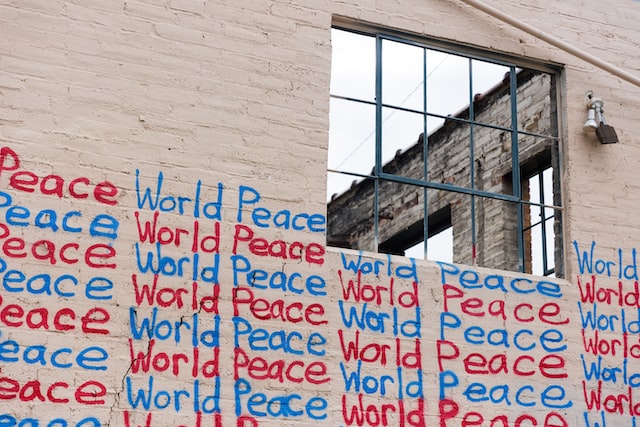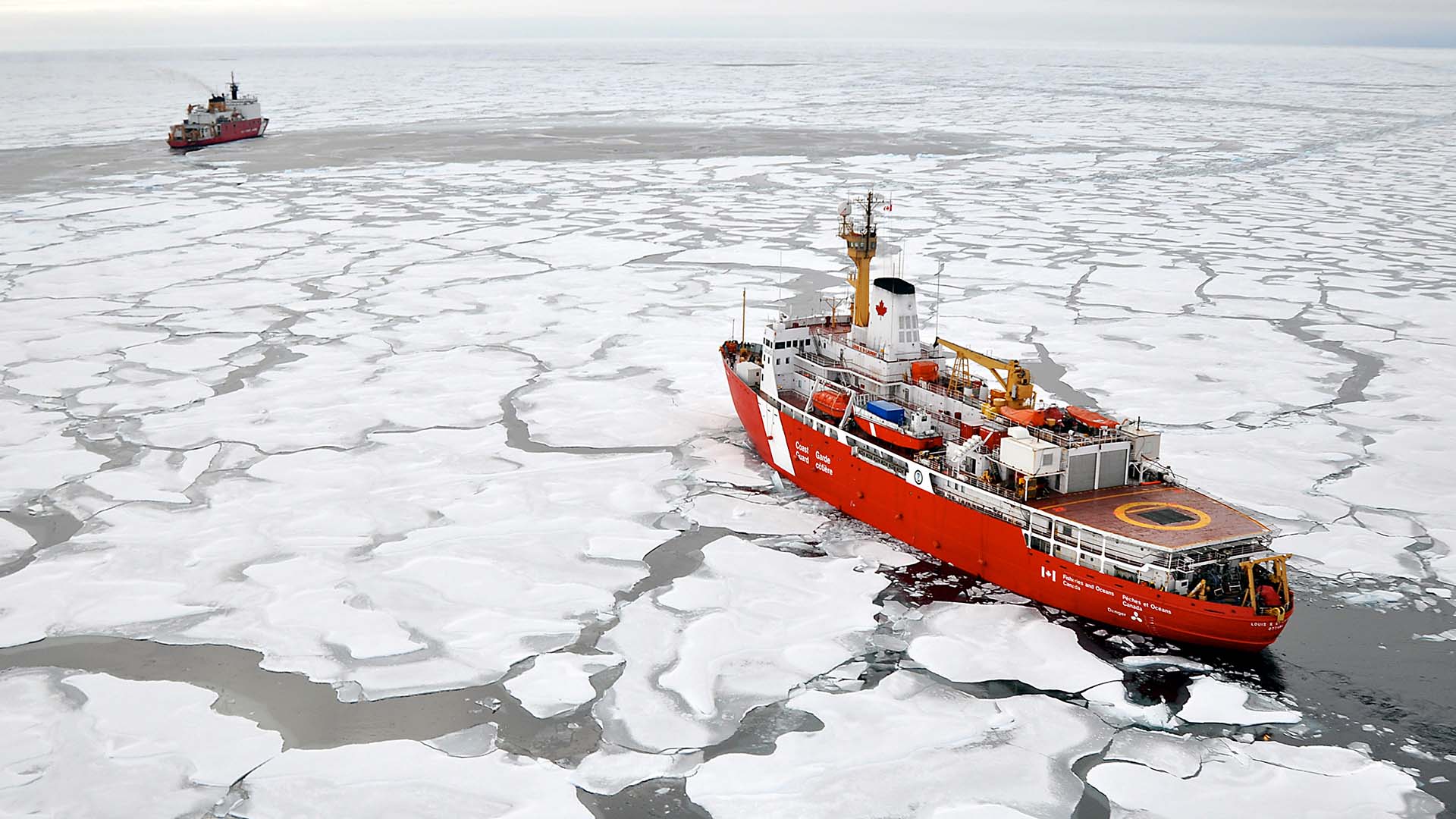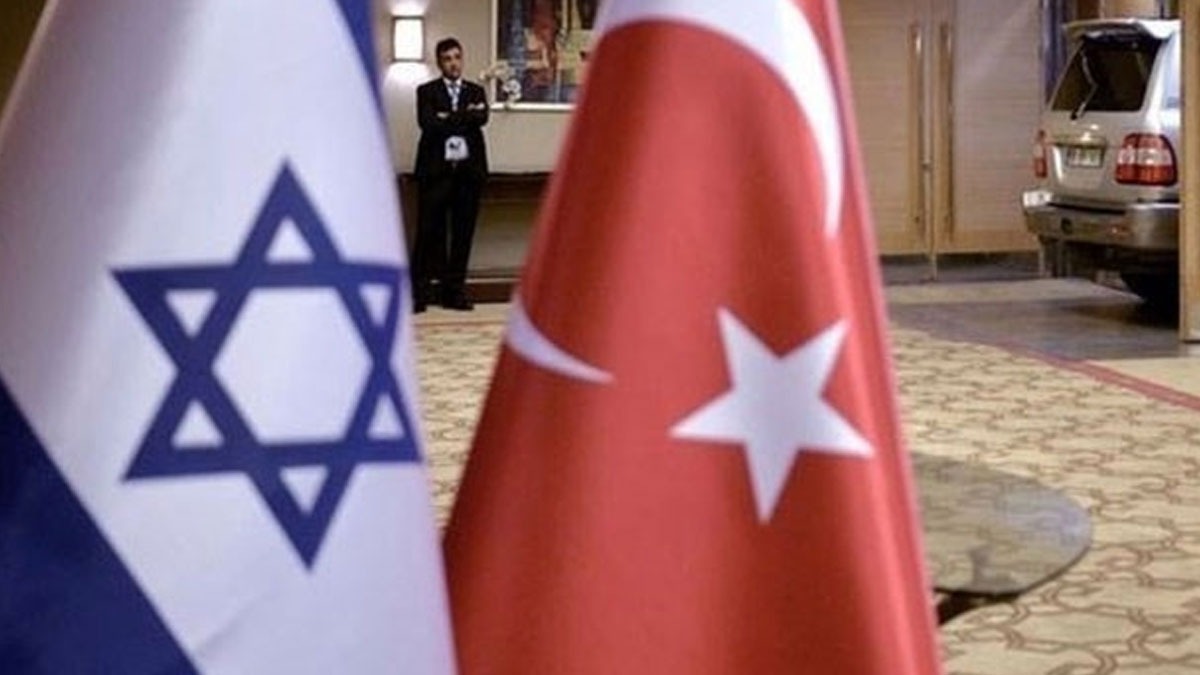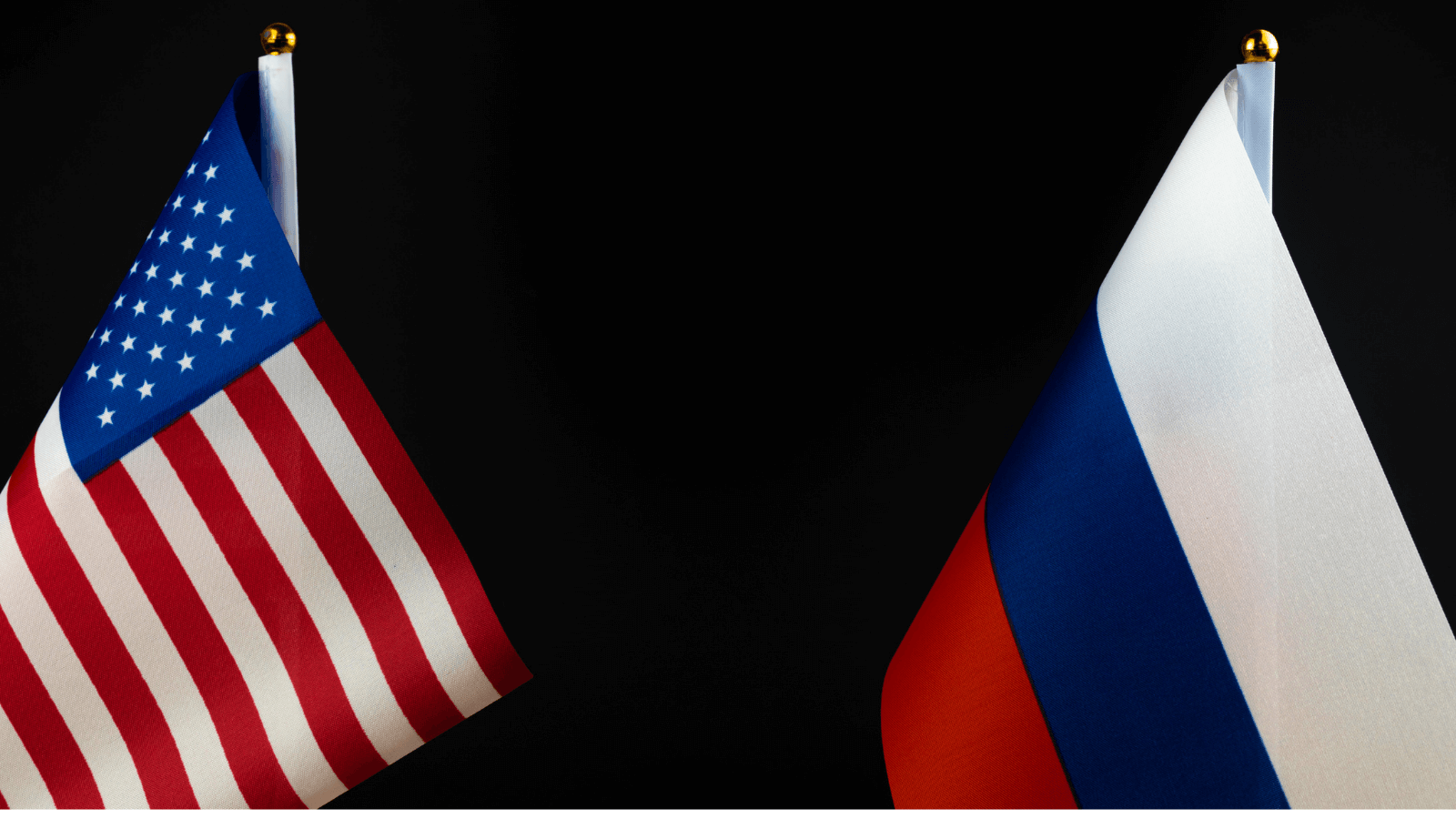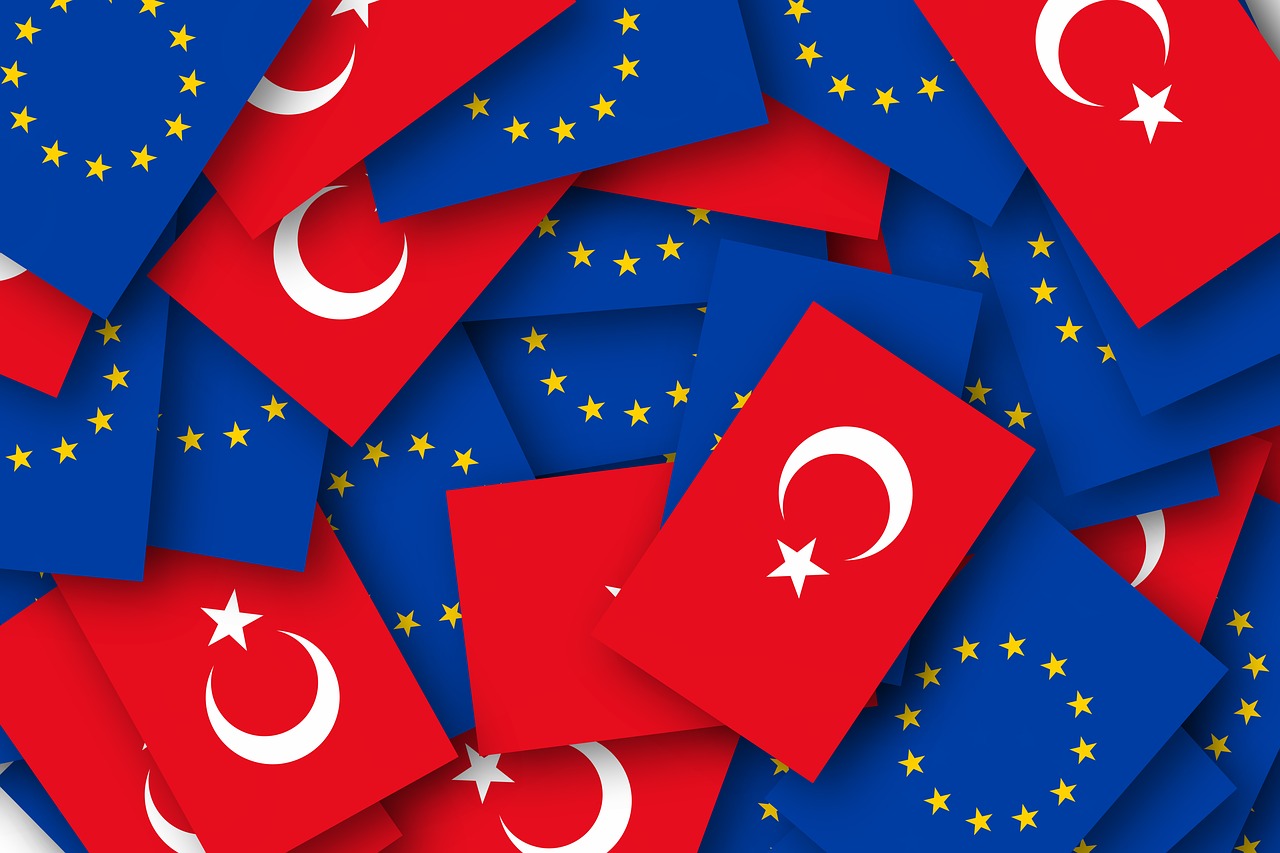Have the concepts of “liberal peace” and “democratic peace” lost their relevance in the emerging and complex unfolding of the “post-western” world? Following the collapse of the Soviet Union and the fall of the Berlin Wall, the world seemed to have reached a unipolar moment, which Fukuyama described as “The End of History.” The United States was at the peak of its hegemonic power, while the European Union enjoyed an unprecedented combination of deepening and enlargement. There was immense confidence in the West regarding the future of liberal international order. Democratic capitalism had triumphed. Profound optimism existed about the possibility of integrating the former Communist bloc and the emerging world into the Western-driven liberal international order. According to this perspective, the world would move steadily towards democracy through a process of interdependence and mutual gains facilitated by open markets and capital flows.
This was the dominant vision of the 1990s and the early 2000s. Within the next two decades, however, the world has unexpectedly changed in a fundamental fashion through a series of unanticipated crises. The state of optimism that characterized the unipolar moment faded away, and confidence in free markets and democracy experienced a drastic decline. Violent armed conflicts in the periphery of Europe and the Middle East, coming on top of a series of multiple crises in the realms of economy, migration, climate change, and public health, generated enormous uncertainties and anxieties and raised deep questions concerning the viability of democratic capitalism and the future of liberal international order.
In this framework, the concept of “liberal peace,” based on the premise that economic integration of an authoritarian state to the liberal order through economic incentives would generate peace and security (and democratization), has not been endorsed by empirical evidence. Increasingly, we observe the emergence of authoritarian capitalist states that benefit from their economic interactions with the West and the liberal order. The influential leaders of these key states, in turn, have used these economic opportunities to consolidate their stronghold over the political regimes and push the pendulum increasingly in a more authoritarian direction. China has been the primary beneficiary of the liberal international order, capitalizing on large capital inflows. Its authoritarian model of state capitalism flourished, increasingly posing an alternative to the Western models of liberal and social democracy. During the presidency of Xi Jinping, the Chinese system has been ambitious in its global hegemonic ambitions and more autocratic at the same time. As China’s global reach expanded, it became increasingly more attractive as a role model for large segments of the Global South.
Russia under Putin is another striking example. Putin was able to expand and consolidate his power in Russia through his ability to capitalize on economic and energy links with the West, notably with Europe. Growing economic interdependence with the West has failed to transform the regime into a democratic direction, and over time, Russia has emerged as a serious security threat to the West in the context of a new Cold War context. The situation is not unique to Russia. Key emerging powers like Turkey and Hungary have benefited through their integration into global financial markets (notably in the Turkish case) and EU funds (notably in the Hungarian case), and the dominant political actors in those countries have used these economic opportunities to strengthen their political power and push their domestic politics in an increasingly illiberal-authoritarian direction in the process. The vision of key European leaders like Angela Merkel, who believed in the logic of liberal peace, failed to materialize. Capitalism has become the dominant norm on a global basis but is increasingly devoid of its democratic content in many national contexts.
Turning our attention to the notion of “democratic peace,” the first component of democratic peace theory suggests that major powers, by using military powers and force at their disposal, could help to transform authoritarian regimes in a democratic direction. This argument also failed to be a viable option. Empirical evidence has discredited the key element of democratic peace theory. Costly interventions by the United States in Afghanistan and Iraq proved to be highly counterproductive in terms of instigating regime change and creating stable and functioning democracies over time. Moreover, the attempts to transform these societies by force helped to build enormous anti-American sentiments in the Global South. Rising anti-American and anti-Western sentiments in a large segment of the world have helped the fortunes of authoritarian capitalism, tilting the balance further in the direction of the China-Russia axis.
Yet, there is a second dimension of democratic peace theory that remains relevant today in a subtle way. The argument that “democracies do not fight each other” holds considerable validity. Ironically, authoritarian states emphasize the virtues of stability and security over pluralism, human rights, and democratic norms. The term “human security,” which stresses stability and security, as opposed to “human rights,” appears to be the new buzzword of authoritarian states. However, the pendulum swings steadily in an authoritarian direction, with the United States displaying strong authoritarian tendencies during the second presidential term of Donald Trump, growing insecurity and instability are evident. The post-Western world showcases unprecedented levels of instability and conflict. The Russian invasion of Ukraine and Israel’s strikes on Palestine in response to Hamas’s terrorist attacks underscore rapid departure from a rule-based security order towards a new era, where conquest by the powerful appears to be the new standard. The broad shift to authoritarianism made the world increasingly less secure, naturally leading to the diversion of resources towards the manufacture of weapons and armaments. As a result, funding is pulled away from critical areas such as economic development, social services, and environmental protection, leading to severe human consequences. Furthermore, violence and insecurity increasingly infiltrate the lives of individual citizens. Weakening social protection mechanisms coincide with a rise in everyday violence and crime rates. Deep insecurities characterize the heavily controlled and repressed environments of authoritarian regimes.
Hence, part of the democratic peace framework remains relevant in our quest to establish a peaceful world. There is no simple policy message that follows from this analysis in the sense that there is no straightforward way off the path of authoritarian capitalism, especially as the West is losing its credentials to serve as the key engine of democratic transformation. It is possible, however, that a “democratization counter-wave” may emerge in the coming years where the primary impetus could come from societal pressures from below, with transnational linkages also playing a key part in this process.

